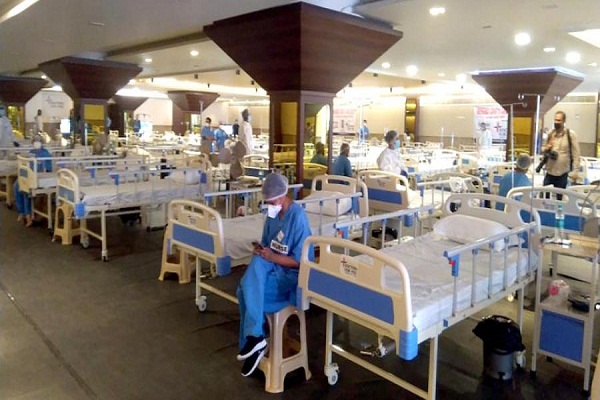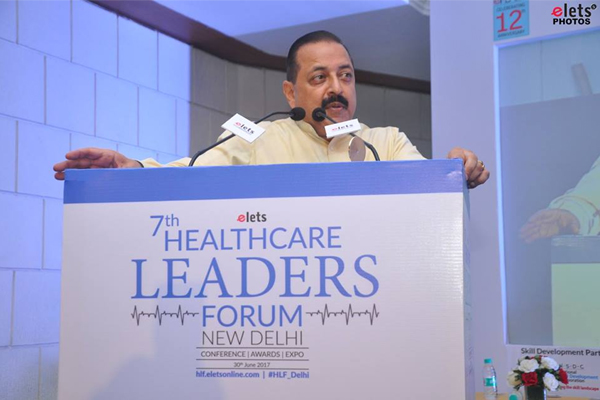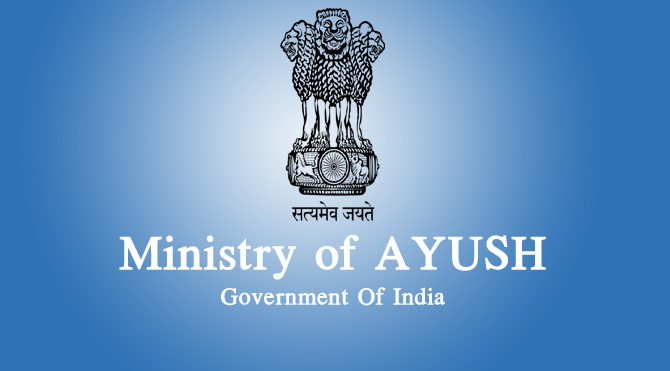

India’s largest generic drug manufacturer, has agreed to pay $500 million to the United States and individual States to resolve allegations by the law firm’s client, Dinesh S. Thakur, that Ranbaxy falsified drug data and systemically violated Current Good Manufacturing and Laboratory Practices resulting in substandard and unapproved drugs. The groundbreaking settlement is the largest of its kind against a generic drug manufacturer under the qui tam provisions of the False Claims Act (“FCA”).

Today’s settlement was due to the extraordinary efforts of whistleblower Dinesh Thakur. As a former Ranbaxy Director and Global Head, Research Information & Portfolio Management, Mr. Thakur learned of Ranbaxy’s wrongdoing and reported the findings to company management who failed to correct the problems. In 2005, Mr. Thakur left the company and reported the fraud to government authorities. For the next eight years, he worked to expose and document the complex and well-hidden fraud.
With the assistance of his counsel Andrew M. Beato and Bob Muse of Stein Mitchell Muse & Cipollone in Washington, DC, Mr. Thakur filed a whistleblower lawsuit in 2007 under the FCA detailing Ranbaxy’s violations. Filed in the United States District Court for the District of Maryland (Civ. No. 1:07-cv-00962-JFM), the lawsuit alleges that Ranbaxy caused false claims for payment to be submitted to government healthcare programs for numerous adulterated drugs. The FCA’s qui tam provisions allow whistleblowers to report fraud on a government program with the protection of a court-ordered seal and confidentiality, and receive a percentage of the amount recovered in a successful case.
Mr. Thakur’s lawsuit, which was joined by the Department of Justice and participating States, alleges wide-ranging manufacturing violations in Ranbaxy’s facilities in India and the United States, including inadequate testing to ensure that the drugs were safe, effective, free of cross-contamination, and manufactured in compliance with their approved specifications. Moreover, Mr. Thakur alleges that Ranbaxy falsified information about the drugs, including backdating tests and submitting false data where no tests were performed. The pervasive violations are alleged to have adulterated dozens of generic drugs purchased by government healthcare programs such as Medicare and Medicaid, as well as generic antiretroviral drugs purchased by the United States under the President’s Emergency Plan for AIDS Relief.

As a result of today’s $500 million settlement, the government will obtain approximately $350 million in civil penalties and $150 million in criminal penalties. Mr. Thakur will receive 21 percent of the federal and participating Medicaid States’ civil recoveries. Ranbaxy USA, Inc. has entered a plea of guilty to six felony counts in a criminal information filed by the United States, including introducing into commerce adulterated or misbranded drugs.
Andrew Beato, head of the False Claims Act and Whistleblower Practice Group at Stein Mitchell Muse & Cipollone and counsel to Mr. Thakur, stated that “This case was fueled by the extraordinary courage of Dinesh Thakur. Without expectation of gain and at great risk, he reported the fraud to ensure that patients’ health was not compromised by the quality of Ranbaxy drugs.” Mr. Beato said that “Nearly 80 percent of the generic drugs taken by American consumers trace to overseas manufacturing facilities. These drugs must comply with FDA quality and manufacturing requirements. The settlement today is a significant step toward achieving that outcome. The message is clear that there are severe consequences if a company breaks the rules and takes shortcuts that sacrifice drug quality in pursuit of profit.”
The settlement resolves a sweeping, multi-year investigation by numerous government agencies including the DOJ and FDA to uncover and document deficient current good manufacturing and laboratory practices affecting the quality of Ranbaxy’s generic drugs. It is the capstone to numerous legal actions against Ranbaxy growing out of the eight-year investigation started by Mr. Thakur’s disclosure of the problems to the government in 2005. These legal actions include (1) a 2007 FDA raid on Ranbaxy’s United States offices, (2) FDA’s imposition of its Application Integrity Policy on Ranbaxy plants in India due to pervasive data falsification in 2009, (3) FDA’s banning of more than 30 Ranbaxy drugs from entering the United States, (4) numerous FDA warning letters for manufacturing violations, and (5) the entry of a Consent Decree and permanent injunction prohibiting Ranbaxy from introducing into interstate commerce drugs made at various facilities in India and the United States.
Bob Muse, a partner at Stein Mitchell Muse & Cipollone, commented that “This high-profile case is a strong reminder of the power of the FCA and exemplifies the important role whistleblowers play in the public-private partnership to prevent government fraud. It is another confirmation that people who report fraud even beyond our borders can expect to be treated fairly and in a manner that encourages them to come forward.”
The settlement today reflects the extraordinary efforts of the United States Attorney’s Office for the District of Maryland, DOJ, FDA’s Office of Criminal Investigations, HHS, TRICARE, USAID, and State Medicaid Fraud Control Units to ensure the quality and safety of generic drugs.
Be a part of Elets Collaborative Initiatives. Join Us for Upcoming Events and explore business opportunities. Like us on Facebook , connect with us on LinkedIn and follow us on Twitter , Instagram.












